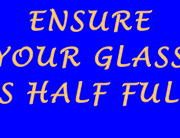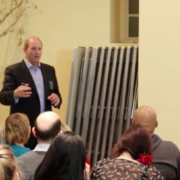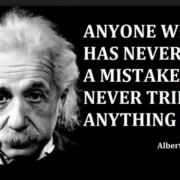‘God grant me the serenity to accept the things I cannot change,
the courage to change the things I can,
and the wisdom to know the difference.’*
Reinhold Niebuhr, 20th Century American Theologian
Whether working with business executives or groups, in order to create momentum towards positive and lasting change, there is a crucial ingredient that must be present: acceptance.
WHAT’S HAPPENING NOW
This has nothing to do with striving for external acceptance from others but refers to accepting, without negative judgment, what has already taken place up to the present moment – the situation as it exists right now is what it is. This sounds rather obvious but on reflection it’s a harder concept to then put into action than one would suppose. In terms of deciding to create change in our lives, the past is not a matter of distant record but began the moment we make that decision.
WHAT HAPPENS NEXT
If we are really serious about wanting to begin a new chapter, it’s the ‘what happens next’ that counts and not what’s already occured. The benefits can be so much greater if we are not chained to issues from our past, be it recent or distant. It is just not possible to build positive change on negative foundations – there is no ‘up side’ to carrying past burdens with us into our future.
THE BAGGAGE
The burdens we carry with us as negative emotions often concern, for example:
- irritation with things that may have been said or done (or not)
- regret at things not achieved
- frustrations for opportunities missed
- destructive guilt and shame over poor decisions
- anger at wrongs suffered
FACING OBLIGATIONS
This does not mean brushing aside the consequences of past actions or ignoring commitments and responsibilities. It signifies understanding more about ourselves, the events in our lives, and being able to view what has occurred in the past with calmness and wisdom. This puts us in a much stronger position when it comes to deciding to begin living right now.
We shall not dwell on the importance of self-forgiveness here, as that subject alone requires a good deal of time. Suffice to say that any of these negative and destructive emotions can thwart the forward momentum we seek. Overcoming the inertia created by so much extra baggage can be daunting and can even put us off from setting out on a new journey altogether – so set down that burden – accept that what has been, is done.
Once we are able to embrace acceptance, that’s when things start to get exciting. It is in that same moment, that very moment, that we can begin to put our new plans into effect. The act of understanding and accepting our past is the first and most important step. We permit ourselves to think and act unfettered by yesterday’s emotional baggage which in turn allows us to meet challenges with clarity – focusing on our hopes, our desires and our passions.
“We will open the book. Its pages are blank. We are going to put words on them ourselves. The book is called opportunity and it’s first chapter is today*”
Edith Lovejoy Pierce, English Peace Activist & Poet
Alan Keyse is a fully qualified Business and Life Coach who now applies his 30 years of experience as a sales executive to coaching Emotional Intelligence to business leaders, executives, managers and their staff. Alan specialises in stress reduction; conflict avoidance; & employee engagement.
*This is not, in fact the original quote but is the most widely used version and remains attributed to Niebuhr
alan@keysforliving.co.uk








